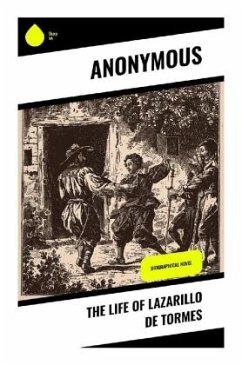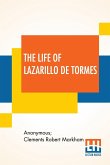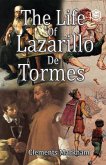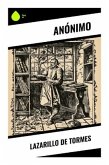"The Life of Lazarillo de Tormes" is a seminal work of Spanish literature that marks a foundational text in the picaresque genre. Narrated in the first person, it chronicles the life of Lazarillo, a young boy born into poverty, who navigates the treacherous social landscape of 16th-century Spain. Through a series of episodic encounters with various masters-each representing different societal archetypes-Lazarillo's journey reveals profound insights into themes of identity, survival, and the moral ambiguity of society. The novel's innovative use of realism and satirical humor invites readers to reflect critically on societal norms and the human condition, solidifying its place in the canon of literature as a poignant critique of a decaying social order. The author, known only as Anonymous, reflects a writer whose anonymity allows for universal resonance with the struggles depicted in Lazarillo's life. Emerging during the Spanish Golden Age, a time of cultural flourishing amidst social stratification and hardship, the author critiques the rigid class structure, hinting at personal experiences of social marginalization. This context enriches the narrative with authenticity and heightens its exploration of existential themes. Readers seeking a profound exploration of socio-economic disparity through the lens of a poignant yet humorous narrative will find "The Life of Lazarillo de Tormes" indispensable. Its timeless themes and innovative storytelling not only captivate but also challenge audiences to examine the continuity of social injustices, making this work essential for understanding both literary history and the human experience.
Bitte wählen Sie Ihr Anliegen aus.
Rechnungen
Retourenschein anfordern
Bestellstatus
Storno








